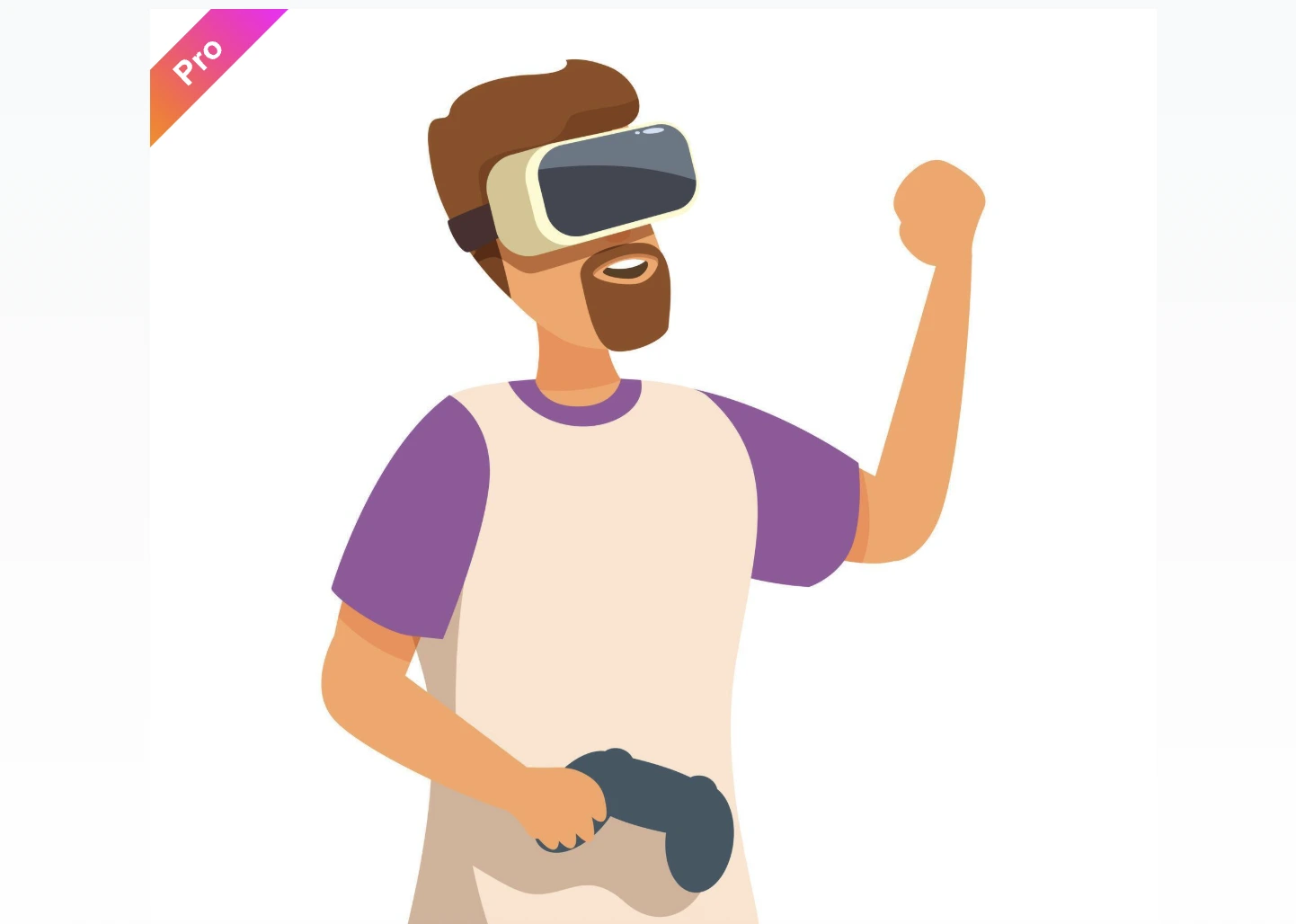The Silent War: How Big Tech Is Fighting Over Your Personal Data

Big Tech is watching with code. Every search, scroll, and click becomes a signal. These signals build a profile, your digital twin. Behind the scenes, tech companies battle for this information. Why? Because data means power. And power means profit.
How Tech Giants Follow You Across the Internet
There’s a tiny bit of clues left behind on everything you use online. Whether it’s visiting a website, using an app, or checking an email, you always leave something behind. Tech companies collect these clues to see what you like and what you do.
Cookies are the most common tool. They are small files saved in your browser. At first, cookies helped websites remember things like your login at Woo Сasino or shopping cart. However, they’re now often used for tracking.
Who Wants Your Data And Why?
Google knows what you search for. Facebook sees who you follow. Amazon knows what you buy. Apple knows what you download. Each company holds a piece of you.
But it’s not just about knowing. It’s about predicting. If a company knows what you like, it can show you ads you will want to click on. This makes advertising more profitable. That’s the real game. What you use your attention on the most, it will be sold to the highest bidder.
Apple vs. Facebook: Privacy or PR?
In 2021, Apple let iPhone users choose if apps could track them. Most said no. This made it harder for Facebook to show ads that fit people’s habits.
Apple said it was to keep people’s info safe. Facebook said it hurt small businesses. But really, both just wanted to protect their own money.
It seemed like a privacy fight, but it was really about cash.
Are You Anonymous?
Here’s a question: even if a company says your data is “anonymous,” can it still be traced back to you?
The answer: often, yes.
Even if your name isn’t with your location info, it can still show who you are. If it shows where you sleep and work, people can guess your identity. This is called “re-identification,” and it happens a lot.
Even if your data is made “anonymous,” it’s not always safe. Companies can put together different bits of information and still find out who you are.
What Happens to Your Data After It’s Collected?
Most people don’t know what happens next, and that’s on purpose. When you use a free app or website, your data might be:
- Stored in company databases
- Sold to advertisers
- Shared with third parties
- Analyzed by algorithms
- Traded in data marketplaces
It doesn’t stop there. Once data is shared, it’s hard to track. Even if one company deletes your profile, copies may live elsewhere. Your data has a life of its own—one you can’t see or control.
Regulation: Playing Catch-Up
Governments are starting to pay attention. In Europe and California, new laws now give people more control over their data.
These rules say companies must ask before collecting your info. They also let you see what data they have and ask them to delete it. Sounds fair, right?
But enforcement is tricky. Regulations change from place to place. Tech companies operate globally. And fines, while large on paper, often don’t hurt massive companies. Plus, smaller companies struggle to follow complex rules.
The Illusion of Control
Ever seen one of those pop-ups that say, “We use cookies—click here to accept”? Most people just click “accept” to make it go away.
That’s not real consent. It’s fatigue.
Some websites give you control panels to manage your data, but they’re confusing. Others bury settings in layers of menus. This design makes it easier to say yes than no. It’s called a “dark pattern.” It tricks you into making choices you don’t want.
Data and Democracy
This goes deeper than ads. Data can shape elections, spread misinformation, and influence what we believe. Social media platforms use algorithms trained on user data. These systems decide what we see first.
That affects how we understand the world.
In the wrong hands, data can polarize voters, target hate groups, or suppress voices. It’s not just a tech issue. It’s a democracy issue.
Can You Protect Yourself?
You can try. Some simple steps include:
- Use privacy-focused browsers (like Brave or Firefox)
- Turn off ad personalization in your settings.
- Avoid signing in with Google or Facebook on other sites.
- Delete unused apps
